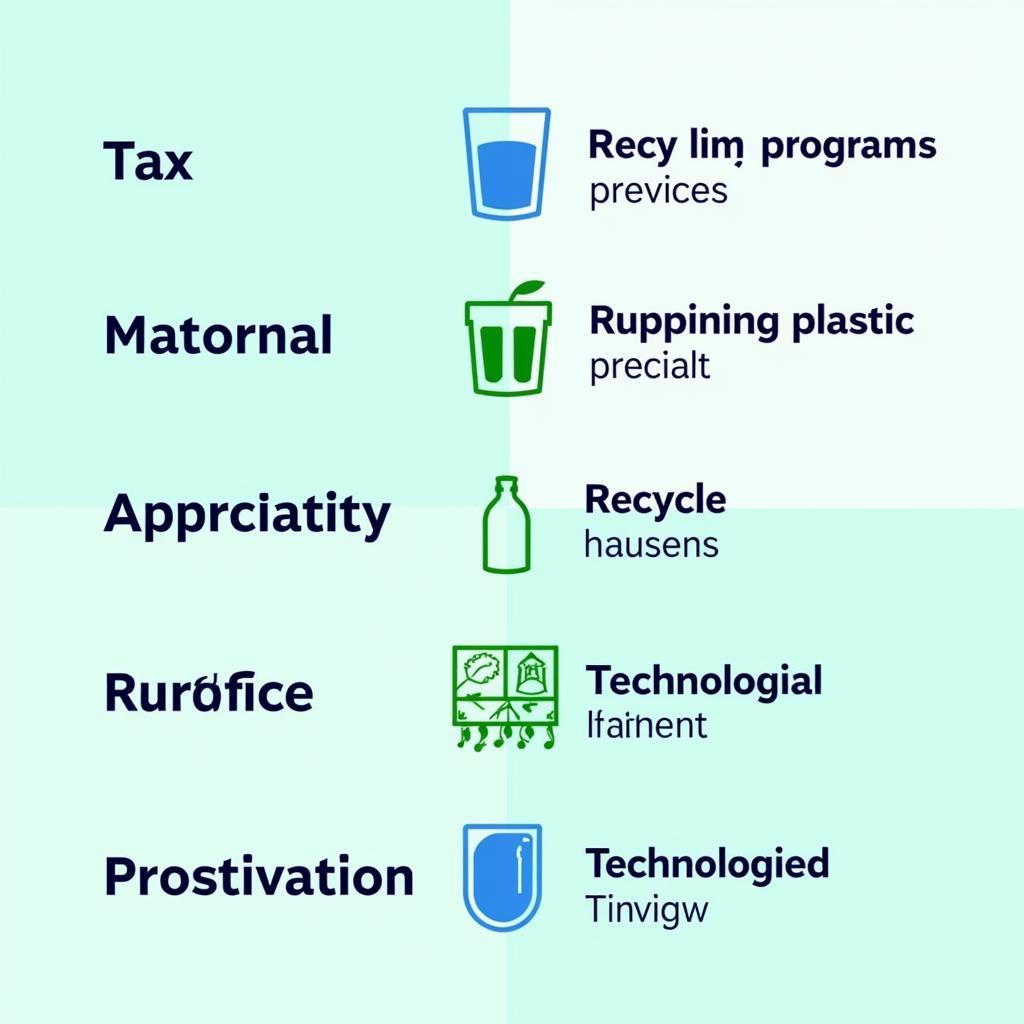The topic of single-use plastics taxation has become increasingly prevalent in IELTS Writing Task 2 examinations, particularly in recent years as environmental concerns gain global attention. Based on analysis of past IELTS tests from 2019-2023, questions about plastic pollution and environmental taxation have appeared approximately 15-20% of the time in various forms.
Recent Exam Question Analysis
One of the most representative questions on this topic appeared in the 2023 IELTS exam:
Some people believe that governments should impose heavy taxes on single-use plastics to reduce environmental pollution. Others think there are better ways to address this issue. Discuss both views and give your opinion.
Task Analysis
- Question type: Discussion + Opinion
- Key elements to address:
- Heavy taxation on single-use plastics
- Alternative solutions
- Personal stance
- Required: Balanced discussion with clear position
Model Answer 1 (Band 8.5)
In recent years, the debate over implementing substantial taxes on disposable plastics has intensified as governments worldwide seek effective solutions to combat environmental degradation. While some advocate for heavy taxation as a deterrent, others argue that alternative approaches might prove more effective. In my view, while taxation can be part of the solution, it should be combined with other measures for optimal results.
Those who support significant taxes on single-use plastics present compelling arguments. Firstly, higher prices would inevitably discourage consumers from using disposable plastic items, forcing them to seek eco-friendly alternatives. For example, when Ireland introduced a plastic bag levy, consumption dropped by over 90% within weeks. Additionally, the revenue generated from such taxes could fund environmental cleanup efforts and research into sustainable materials, creating a positive feedback loop in environmental protection.
However, critics propose several alternative solutions that merit consideration. One approach involves investing in technological innovation to develop biodegradable materials that could replace conventional plastics. Moreover, implementing comprehensive recycling programs and improving waste management infrastructure could more effectively address plastic pollution at its source. For instance, Japan’s sophisticated recycling system has achieved remarkable success without relying heavily on taxation.
In my opinion, the most effective strategy would combine moderate taxation with other environmental initiatives. This balanced approach would create immediate financial incentives while fostering long-term sustainable solutions. Governments could use tax revenues to fund public education campaigns, support research into alternative materials, and improve recycling infrastructure. Furthermore, this comprehensive strategy would address both consumer behavior and systemic issues in waste management.

Model Answer 2 (Band 6.5)
Nowadays, many people are talking about whether governments should put high taxes on single-use plastics or not. Some people think it’s a good idea, but others believe there are better ways to solve the plastic pollution problem. I will discuss both sides and share my opinion.
People who support heavy taxes on plastics have some good points. When things become more expensive, people usually try to use less of them. For example, if plastic bags cost more money, people might bring their own bags to the supermarket. Also, the government can use the money from these taxes to clean up the environment and help recycling programs.
On the other hand, some people think there are better solutions. They say we should focus on education and teaching people about recycling. Another idea is to make better recycling facilities and find new ways to make products that don’t harm the environment. Some countries have good recycling systems that work well without high taxes.
In my opinion, I think we need both taxes and other solutions. Just making things more expensive isn’t enough to solve the problem. We need to help people understand why plastic pollution is bad and show them how to use less plastic. The government should use different methods together to make real changes.
Analysis of Band Scores
Band 8.5 Essay Analysis:
- Sophisticated vocabulary: “deterrent,” “compelling,” “comprehensive”
- Complex sentence structures
- Clear paragraph organization
- Well-developed arguments with specific examples
- Cohesive devices used effectively
- Balanced discussion with clear personal stance
Band 6.5 Essay Analysis:
- Simple but clear vocabulary
- Basic sentence structures
- Adequate organization
- Limited development of ideas
- Basic cohesive devices
- Some repetition in expression
Key Vocabulary to Remember
- deterrent (n) /dɪˈterənt/ – something that discourages certain behavior
- comprehensive (adj) /ˌkɒmprɪˈhensɪv/ – complete, including all aspects
- biodegradable (adj) /ˌbaɪəʊdɪˈɡreɪdəbl/ – capable of decomposing naturally
- infrastructure (n) /ˈɪnfrəstrʌktʃə/ – basic physical systems of a country
- initiative (n) /ɪˈnɪʃətɪv/ – plan or program to achieve something
- sophisticated (adj) /səˈfɪstɪkeɪtɪd/ – advanced, complex
- levy (n) /ˈlevi/ – tax or fee imposed by authorities
- optimal (adj) /ˈɒptɪməl/ – best or most favorable
Conclusion
This topic remains crucial for IELTS preparation as environmental issues continue to dominate global discourse. Practice writing essays on related topics such as:
- Plastic bag bans in retail stores
- Corporate responsibility in plastic pollution
- Consumer behavior and environmental protection
Share your practice essays in the comments section for feedback and improvement suggestions.